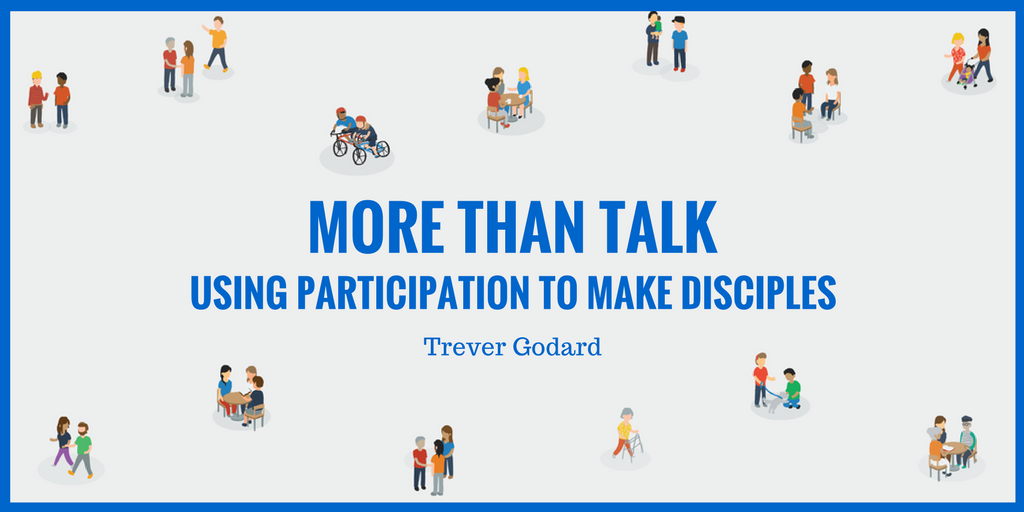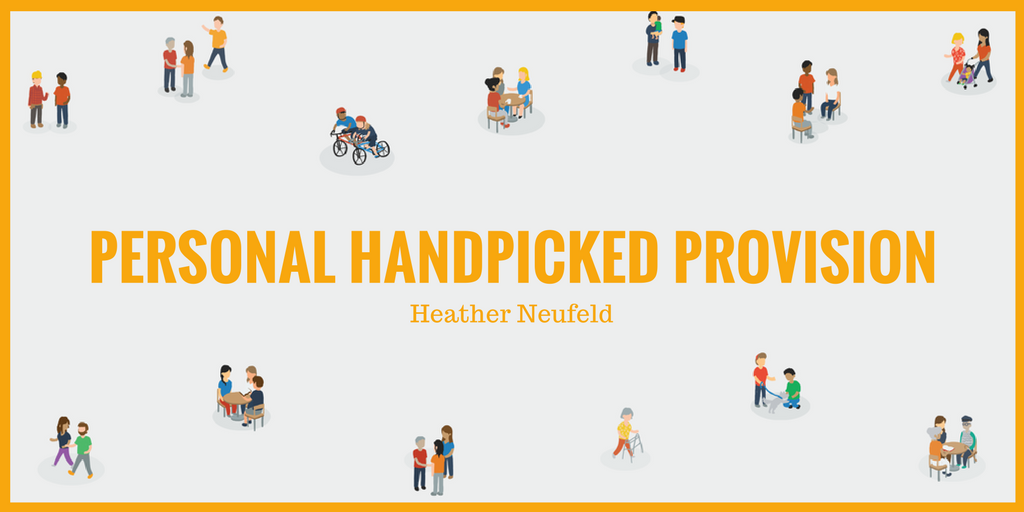The Power of Disciple-Making Action
 The Celtic Way was a form of Christian faith that flourished among the people of Ireland during the Middle Ages. The Celtic Church saw much of Ireland converted to Christianity in a very short period and then they sent missionaries throughout Europe.
The Celtic Way was a form of Christian faith that flourished among the people of Ireland during the Middle Ages. The Celtic Church saw much of Ireland converted to Christianity in a very short period and then they sent missionaries throughout Europe.
The Celtic Way has given us a model on how to disciple people from even before they start to believe. These unbelievers were invited into their community to belong (to see, experience, participate), which helped them later to believe. I think it would be fair to say that they saw and experienced the Christian life being lived out before they heard it explained to them.
I think we have mistakenly put too much emphasis on making disciples primarily through cognitive methods. From my experience, most people think making disciples and a Bible study are synonymous.
If we continue to make disciples by predominantly teaching a system of beliefs through lectures or Bible studies, we will only perpetuate the problem that we have in our churches today—many religious people who adhere to a set of beliefs, instead of disciples who truly follow Jesus as a lifestyle and are transformed in the process.
Moving people from understanding a set of beliefs to practicing them is a huge hurdle for us today. The method we use to teach beliefs needs to be re-examined.
Jesus taught with words but he also showed them by living it so they could see it and not only hear it.
Paul got that. Here are a few of his words that show how he was intentional to use his life, not just his words, to teach people.
1 Thess 1:5 - "You know how we lived among you for your sake. You became imitators of us and of the Lord."
Notice how effective this was. They became like Jesus. If it were one of us writing this today, we would perhaps more honestly have to say: "You know how we taught among you for your sake. You listened to us and followed our doctrine.”
Phil 4:9 - "Whatever you have learned or received or heard from me (words are our standard method of discipleship), or seen in me (imitation or example is another pattern of discipleship), put into practice."
Phil 3:17 - "Join with others in following my example, brothers, and take note of those who live according to the pattern we gave you."


